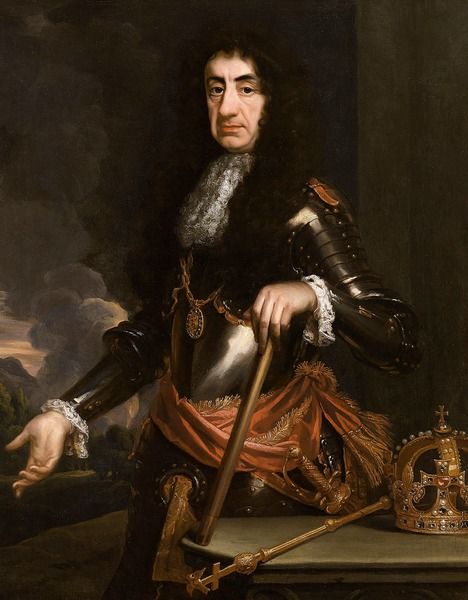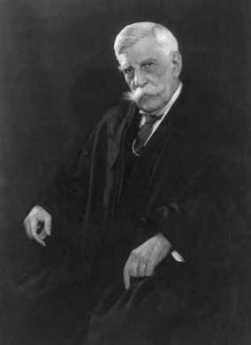Related Topics
Philadelphia Legal Scene
The American legal profession grew up in this town, creating institutions and traditions that set the style for everyone else. Boston, New York and Washington have lots of influential lawyers, but Philadelphia shapes the legal profession.
Connecticut Invades Pennsylvania!
Connecticut once waged three serious wars with Pennsylvania, and we don't even remember it. But politicians noticed that all became peaceful after we united into a single nation. Others noticed the Articles of Confederation were strong enough to cope with invasions by neighbor states. The two proprietorships of New Jersey taught some smaller lessons. Virginia taught still other lessons.
Favorite Reflections
 In no particular order, here are the author's own favorites.
In no particular order, here are the author's own favorites.
Revisionist Themes
In taking a comprehensive view of a city, an author sometimes makes observations which differ from the common view. Usually with special pride, sometimes a little sullen.
The Pennamite Wars
The Connecticut farmers believed the King's last word overturned all earlier ones, else why be a king? William Penn's revolutionary idea was that of private property -- the first sale created a new owner, whose new word erased any earlier ones. When you acquire a new continent from aborigines, that's a congenial viewpoint.
Chapter Six: Constitutions: What's So Good About Ours; Why Does Europe's Fail Them?1793-70
The King's Last and Final Word

|
| King Charles II |
In 1662, King Charles II of England signed a charter, giving a strip of land in America to the inhabitants of Connecticut, and that land to stretch from the Atlantic Ocean to the Pacific. And then, eighteen years later, the same king signed a second charter, giving much the same land to William Penn. As lawyers say, these are the facts. In the many lawsuits, arguments, and wars which followed, no one ever seriously raised the point that King Charles was unaware that he was giving the same land twice, so it must be assumed he knew exactly what he was doing, and did it on purpose. In fact, he did this sort of thing many times, in other cases. The legal disputes which this double-dealing inspired, are therefore entirely concerned with whether the King had a right to do it, and if so, whether that right would normally be recognized (i.e. durable) when we threw off the King and became a republic. The matter was considered by many courts many times, and in every single case, the judgment was in favor of Pennsylvania.

|
| Oliver Wendel Holmes Jr. |
Consider Connecticut's probable attitude toward all this. The colony was settled by Calvinist dissenters, so-called Roundheads for their surprisingly contemporary haircuts, adherents of General Cromwell, executioners of King Charles I during English Civil War. They gave Old Testament first names to their own children, and had always known they couldn't trust that licentious King. Giving their land away after he had promised it to them was just about what they always expected. When, after seventy years of growing families of fifteen to seventeen children, they discovered that Connecticut soil was merely a pile of pebbles left by the glaciers and covered with a thin layer of topsoil, they became even more convinced they had been cheated in the first place, and the bargain was no bargain. The reverse side of this enduring religious hatred will reappear in a few paragraphs.
The Proprietors of Pennsylvania, by this time no longer pacifist Quakers, but while descendants of William Penn, converted Anglicans and great friends with the King, took the matter calmly. The Connecticut lawyers were saying that if you sell or give away some land, it is no longer yours, so you can't give or sell it a second time. That is the modern view perhaps, but the English-speaking world was changing from a feudal, semi-nomadic, culture into a settled agricultural country where fixed boundaries were only starting to be important. That's where the world was going, but at the time King Charles gave away the land, it was far more important for the King to be able to reward successful underlings, and punish rebellious tribes, as the situation warranted. Ownership of land then seemed a nebulous thing at best, and the King was the best judge of how things should be divvied up.
Oliver Wendell Holmes introduced his book on The Common Law, by warning "The life of the law has not been logic, it has been experience." For life to go on and prosperity to endure, some decision must be made and held to, right or wrong. Stare decisis. That's of course fine for judges to say, but it must be observed that when people divide up on this question, where they stand depends heavily on where their ancestors stood on the English Civil War, and where their ancestors happened to be living during the so-called Pennamite Wars. As matters turned out, courts kept deciding in favor of Pennsylvania, and Connecticut kept bringing it up, again.
Originally published: Monday, June 26, 2006; most-recently modified: Friday, May 31, 2019
| Posted by: Ivan | Jun 24, 2009 7:40 PM |